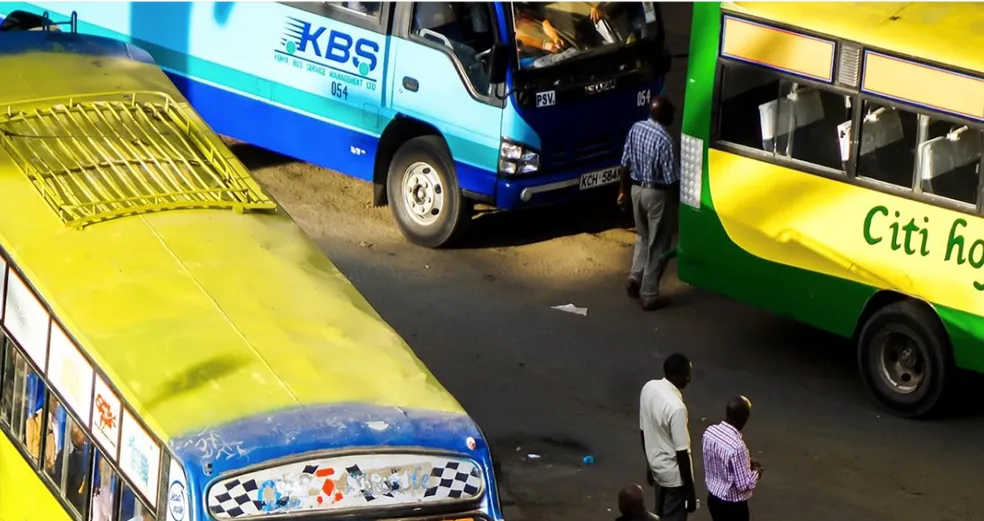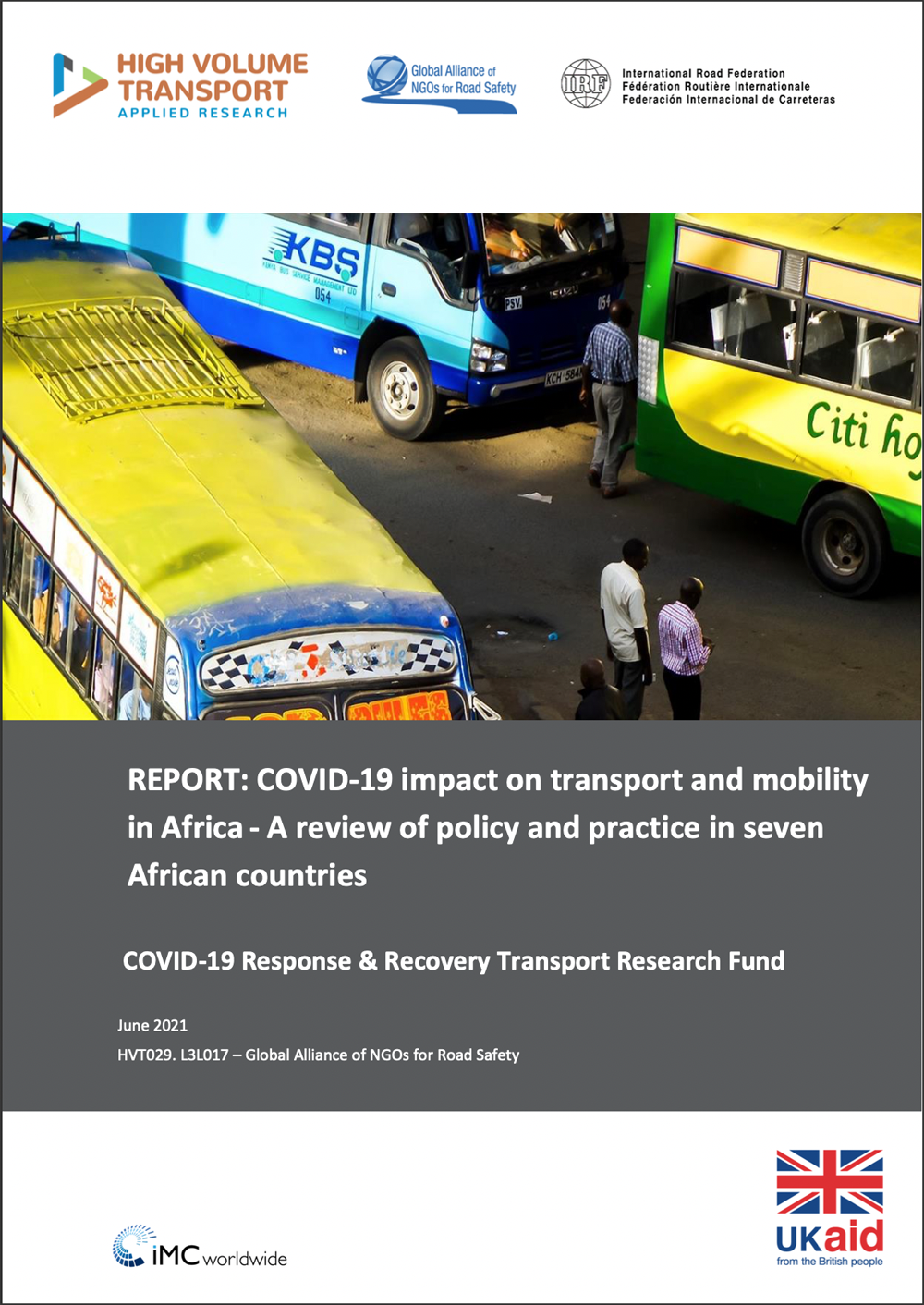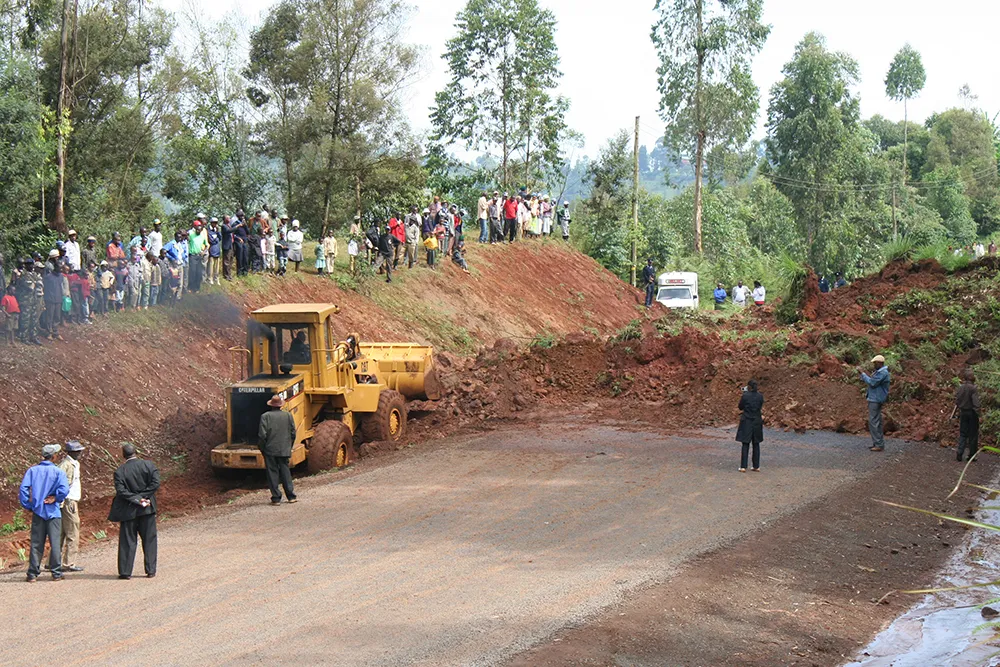
The report addresses the COVID-19 measures implemented in the focus countries, providing background and insights into the transport-related restrictions such as those affecting international travel, public transport, and urban and inter-urban travel restrictions. The report assesses the impact of these measures on transport. It specifically looks at the impact on individual mobility to various locations such as public transport stations, workplaces, and residential areas, prior to providing insights into the detailed qualitative findings derived from interviews and focus group discussions. Lastly, detailed case studies for all seven countries are put forward, prior to key findings and recommendations being presented.
In response to the COVID-19 pandemic, governments in the seven focus countries applied a wide range of measures. These have spanned from restrictions on public gatherings, curfews, closures of establishments such as restaurants, as well as to significant restrictions on international and national travel and transport more generally. Once the first cases were confirmed, all countries eventually imposed the highest level of restrictions for international travel, meaning that international incoming and outgoing flights were banned, and borders were closed. However, the longevity of these measures varied significantly, as well as how countries chose to continue operating thereafter. Importantly, the severity of the restrictions did not always coincide with the rate of virus spread within the countries. Many countries reopened their borders despite rising case numbers for fear of the severe negative impacts on their economy.

Comparing mobility behaviour across all countries and locations between the first and second COVID-19 waves (wave one being defined as March to June 2020; wave two as September to December 2020) it can be observed that the reduction of mobility was generally much larger during the first wave than during the second.
The report findings constitute the emergent best practices, aggregated and based on the data collected and analysed using both top-down and bottom-up approaches to policy formulation, implementation process and community behaviour in the seven countries. The report findings centre around the importance of:
- Creating a national taskforce with regular consultations and follow-up meetings to allow time-sensitive and extensive collaboration among the various actors;
- Integrating representatives of the informal transportation sector;
- Fostering dialogue and harmonising cross-border SOPs, such as for testing strategies at land borders, which can mitigate the complications for cross-border traffic;
- Enforcing and implementing a thorough M&E process at all levels;
- Improving coordination within the transport sector;
- Encouraging a more rapid and effective development of user-friendly and safe transport infrastructure environments;
- Implementing stable pricing policies to maintain public transport affordable.
The report concludes by drawing out four key policy recommendations for transport stakeholders that can provide a way forward during the “new normal”. ■
• Access the report and recordings of the webinar on: www.irfnet.ch







